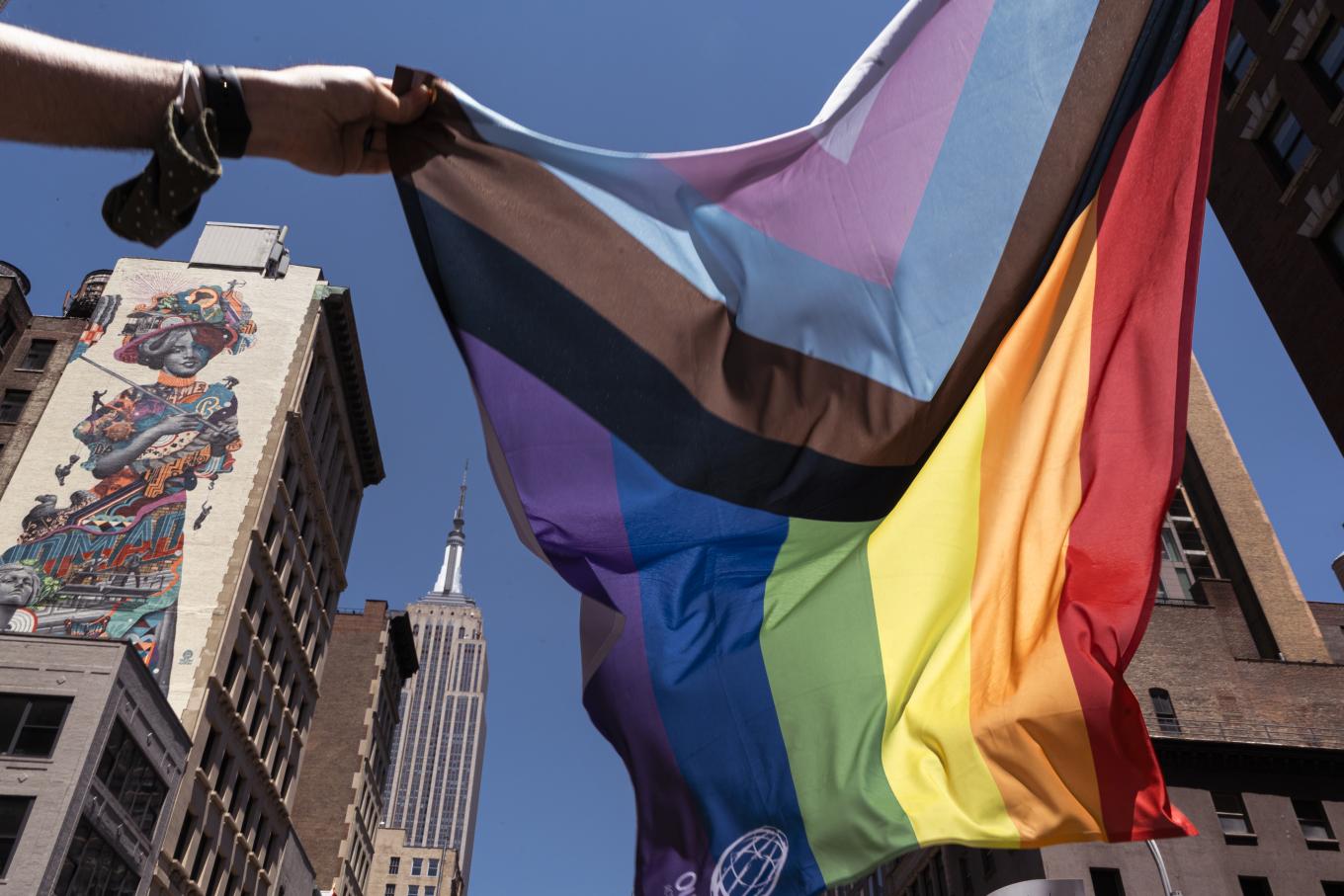
Country Overview
South Korea
At a glance
View more for this country:
South Korea has made notable strides in LGBTIQ people’s human rights, although challenges remain. In 2022, the Supreme Court ruled that transgender individuals have the right to legal gender recognition even if they have underage children, overturning previous restrictions and marking a significant step forward for transgender people’s rights. Trans people do, however, have to undergo sterilization to qualify for legal gender recognition. Additionally, in July 2024, the Supreme Court ruled that same-sex partners are entitled to National Health Insurance Service (NHIS) spousal benefits, representing the first judicial recognition of social benefits for same-sex couples in South Korea. In October 2024, eleven same-sex couples filed a lawsuit against Seoul district offices after their marriage registrations were rejected. These couples argued that the government is denying them equal rights by not recognizing their marriages.
Article 92-6 of the Military Criminal Act criminalizes “anal intercourse” and “any other indecent act” between military personnel, punishable by up to two years in prison. The constitutional court upheld this law in 2023, effectively relegating LGBTQ people to second-class citizenship. Conservative lawmakers and anti-LGBTIQ Christian groups have also actively blocked proposed anti-discrimination laws covering sexual orientation and gender identity, creating obstacles for LGBTIQ organizations in their advocacy and operations.
In recent years, Seoul’s Pride parade has been facing pressure from city authorities, complicating venue approvals. Nonetheless, record-breaking attendance has demonstrated growing support from younger generations. LGBTIQ advocates continue to press forward, striving for a more inclusive South Korea despite these ongoing challenges.
*Outright research indicates that the bodily autonomy of intersex people is not respected and protected in this country.
Global Impact
Sub-Saharan Africa
Outright supports LGBTIQ organizations in Sub-Saharan Africa and works with mainstream human rights organizations to respect human rights and influence positive changes in laws, policies, attitudes and beliefs that cause discrimination against LGBTIQ people.
United Nations
Our work at the United Nations centers around advocating for the advancement of the rights of LGBTIQ people.
View this regionAsia
Our work in Asia promotes acceptance of sexual and gender diversity at all levels of society.
View this regionSouthwest Asia and North Africa
In the Southwest Asia and North Africa, we partner with local groups in various countries as part of our international solidarity work. We also work with our local partners on different topics through capacity building, advocacy, research and holistic security.
Europe and Central Asia
Outright International partners with activists to fight for an end to human rights violations based on sexual orientation, gender identity and gender expression in Europe and Central Asia, where most of our work involves emergency responses to harassment, discrimination, violence, and most recently, Russia’s brutal and expanded invasion of Ukraine.
Americas
Our work in the Americas continues to build on the fundamental and positive transformation of human rights protections in recent years. We partner with groups in the Caribbean that focus on ending gender-based violence and eradicating discrimination against trans people.
Pacific
Our work in the Pacific aims to increase the visibility of activists, respond to human rights emergencies, and actively bridge local, regional, and international activism to achieve equality and justice.
Global
View this region
Human Rights Research
Since 1990, we have partnered with activists from all over the world to produce hundreds of groundbreaking reports.
Read Our Reports